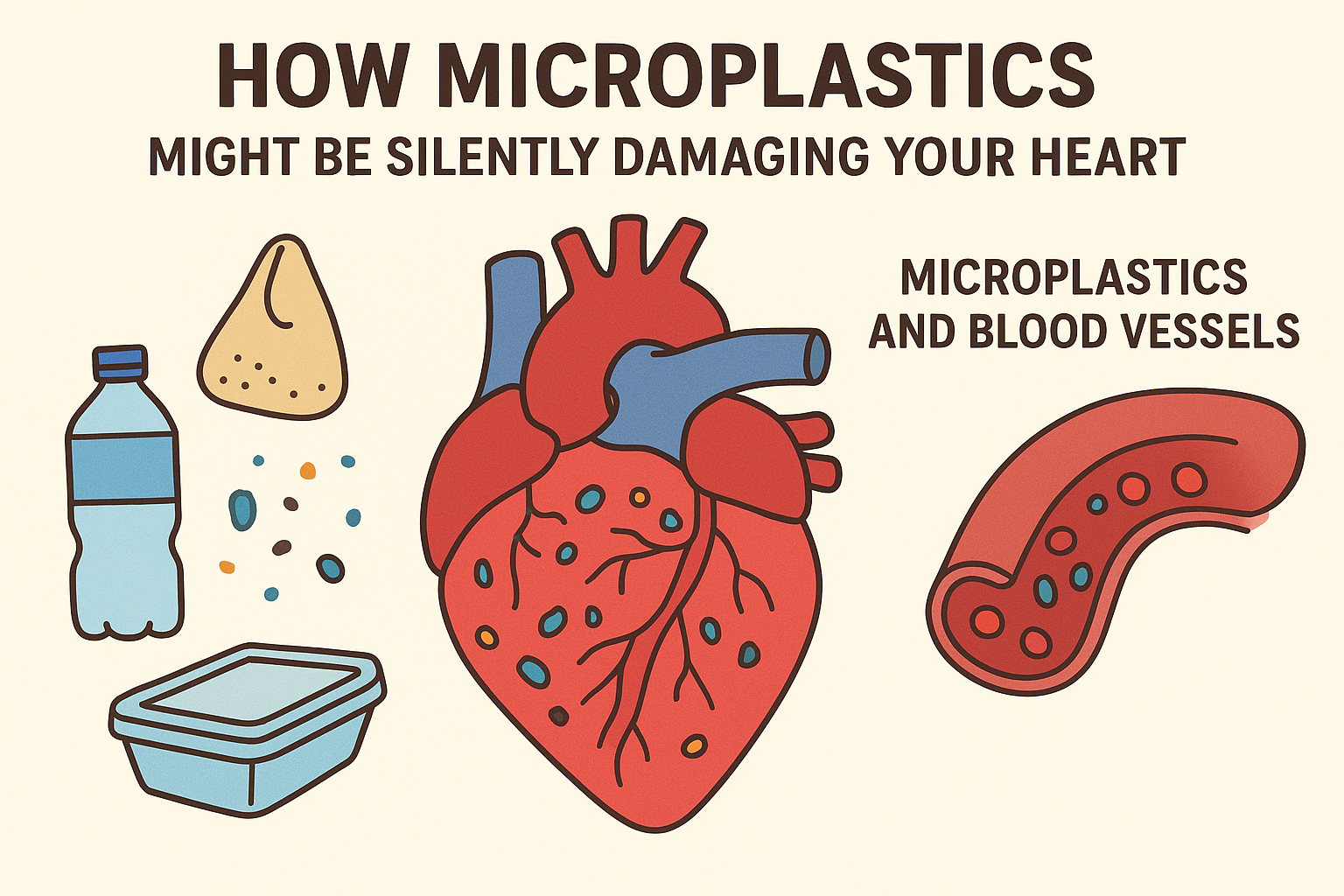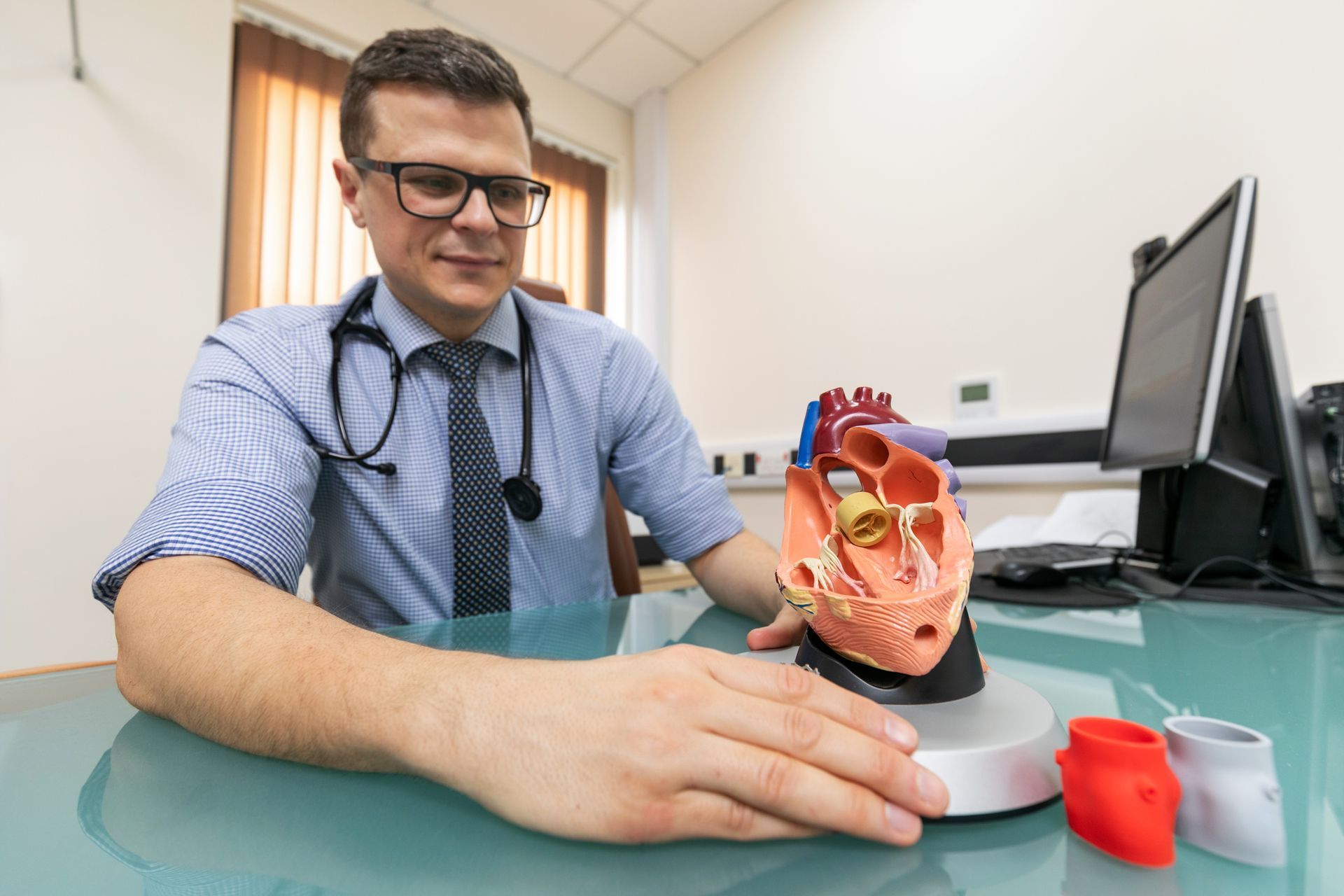Smoking, Vaping, and Heart Disease.

Cardiovascular disease (CVD) encompasses a broad spectrum of heart and blood vessel disorders, including coronary artery disease (CAD), heart failure, stroke, and arrhythmias. It remains a leading cause of morbidity and mortality worldwide. In the UK alone, CVD is responsible for 26% of all deaths and accounts for 2 of the top 5 causes of death. Over 7 million people live in the UK with cardiovascular disease. Approximately every 3 minutes someone dies in the UK form a cardiovascular disease and approximately every 5 minutes someone is admitted to a hospital in the UK with a stroke.
(https://www.bhf.org.uk/what-we-do/our-research/heart-statistics)
Cardiovascular disease (CVD) risk factors encompass genetics, lifestyle choices, and environmental influences. These factors are categorized into two groups: modifiable and non-modifiable.
Modifiable risk factors include diabetes, smoking, hypertension (high blood pressure), high cholesterol, and a high body mass index (BMI). These can be managed or altered through lifestyle changes and medical interventions.
Non-modifiable risk factors are those beyond an individual’s control, such as age (over 55), male gender, and a family history of CVD.
Among the most critical and preventable risk factors for CVD is tobacco use. Traditional cigarette smoking is well known for its detrimental impact on cardiovascular health, with decades of research linking it to increased risks of heart attacks, strokes, and peripheral vascular diseases. More recently, vaping—using electronic cigarettes (e-cigarettes) to inhale aerosolized nicotine and other chemicals—has emerged as a popular alternative. Proponents claim that vaping is a safer substitute for traditional smoking, but scientific investigations have raised concerns about its effects on cardiovascular health.
Vaping Effects on Cardiovascular Health
E-cigarettes have gained popularity as a perceived safer alternative to traditional smoking. According to a 2019 YouGov survey, more than 3.6 million adults in Great Britain use e-cigarettes – 7.1 per cent of the adult population. Of these users, 54 per cent are ex-smokers, suggesting they are helping people to stop smoking. (https://www.bhf.org.uk/informationsupport/heart-matters-magazine/news/e-cigarettes) Unlike combustible cigarettes, e-cigarettes do not produce tar or carbon monoxide. However, they still deliver nicotine and a variety of other chemicals, some of which may pose cardiovascular risks.
Smoking Cessation and Heart Disease
The benefits of smoking cessation for cardiovascular health are substantial and well-documented. The risk of CVD declines rapidly after quitting, with significant improvements occurring within weeks to months.
Timeline of Cardiovascular Benefits After Quitting (https://www.cancer.org/cancer/risk-prevention/tobacco/guide-quitting-smoking/benefits-of-quitting-smoking-over-time.html)
- 20 minutes after quitting: Heart rate and blood pressure normalize.
- 12 hours: Carbon monoxide levels in the blood decrease.
- 2–3 weeks: Your risk of myocardial infarction starts to decrease.
- 1 year: Risk of heart disease is reduced by 50%.
- 5 years: Stroke risk falls to that of a non-smoker.
- 15 years: Risk of coronary heart disease returns to that of a non-smoker.
Dr Bart Olechowski: An experienced Consultant Cardiologist based in Hampshire (Winchester, Basingstoke, Andover and Farnham), UK
Dr Bart Olechowski works as an NHS and a private consultant cardiologist. He sees patients across Hampshire in three different private clinics – Candover in Basingstoke, Sarum Road Hospital in Winchester and Spire Clare Park Hospital in Farnham. Dr Bart`s patient-centred approach emphasizes prevention, early detection, and personalised treatment plans tailored to each individual’s needs.
Full article entitled: `Smoking, Vaping, and Cardiovascular Disease: What the Science Says`, in a link below.
https://drbart.co.uk/smoking-vaping-and-cardiovascular-disease-what-the-science-says/











